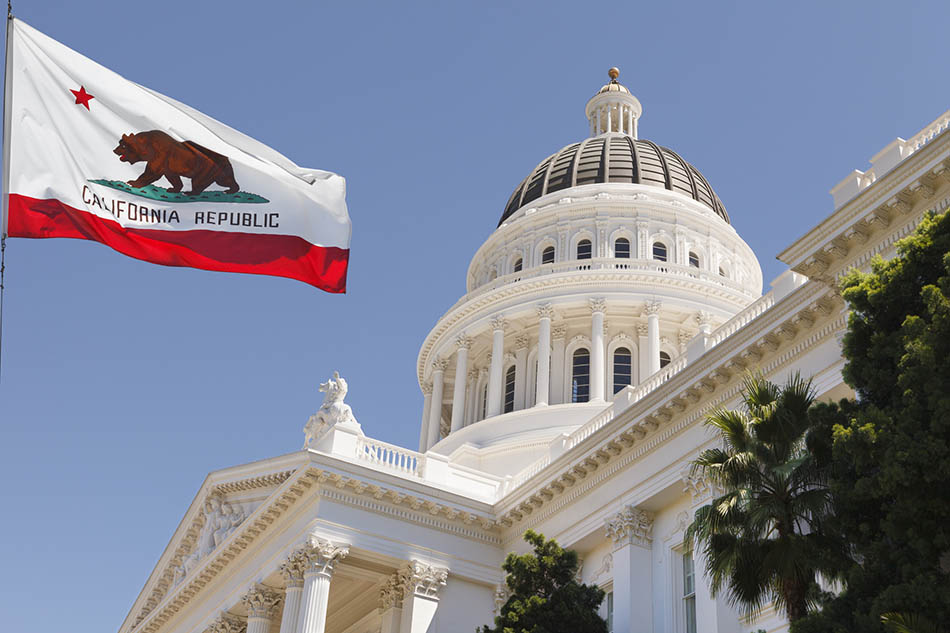FCC Weighs in on California LifeLine Price Regulation
Amicus brief takes no position, but provides plenty of conditional ammunition for $0 co-pay policy

The smarter way to stay on top of the multichannel video marketplace. Sign up below.
You are now subscribed
Your newsletter sign-up was successful
The Federal Communications Commission has taken no official position on whether California’s $0 co-pay policy for mobile carriers applying for its California LifeLine low-income subsidy is statutorily impermissible rate regulation, but its amicus brief in a challenge to that law in a federal appeals court does everything but that.
Commercial broadband operators, fixed and mobile, are constantly on guard for what they see as government rate regulation by proxy and the FCC’s brief did nothing to allay those concerns.
One section of the Communications Act says states can adopt regulations “not inconsistent with the FCC’s rules” to advance the government's interest in universal service. Another says states can’t regulate the rates charged for mobile services although they can regulate “terms and conditions” and take steps to ensure “universal service at affordable rates.”
The issue before the 9th U.S. Circuit Court of Appeals is whether the $0 co-pay is allowed by the first section or pre-empted by the second, the FCC points out.
The FCC first throws up its hands, saying: “(The FCC) has never addressed whether states may advance universal service by requiring wireless providers to offer minimum service standard plans with a $0 copayment as a condition of receiving state subsidies through a voluntary program like California LifeLine. For that reason, the FCC writes in support of neither party.”
The FCC then puts both thumbs on the scale for a reading that supports the $0 pay policy. That’s no big surprise, since the Biden administration has made it clear it sees price as a factor in universal availability.
The FCC keeps its official hands off the decision by using words like “might” and “may.”
The smarter way to stay on top of the multichannel video marketplace. Sign up below.
It says, for example, given “statutory text, context and common sense,” the state’s policy ”might not ‘regulate’ rates” in the sense used in the statute. It said many FCC orders have held that state regulations that indirectly affect rates are not pre-empted and “may’ be analogous to the California rule.
The FCC also holds that certain state regulations, including rate regulations, are exempted “once wireless service has ‘has become vital to universal service.‘ “
”Because the parties have not litigated this case under that universal service exception, the FCC asks the Court to take care not to cast doubt on California’s ability to avail itself of [that holding] in a future proceeding should California choose to re-enact a $0 co-payment requirement,” the regulator said. ■
Contributing editor John Eggerton has been an editor and/or writer on media regulation, legislation and policy for over four decades, including covering the FCC, FTC, Congress, the major media trade associations, and the federal courts. In addition to Multichannel News and Broadcasting + Cable, his work has appeared in Radio World, TV Technology, TV Fax, This Week in Consumer Electronics, Variety and the Encyclopedia Britannica.

